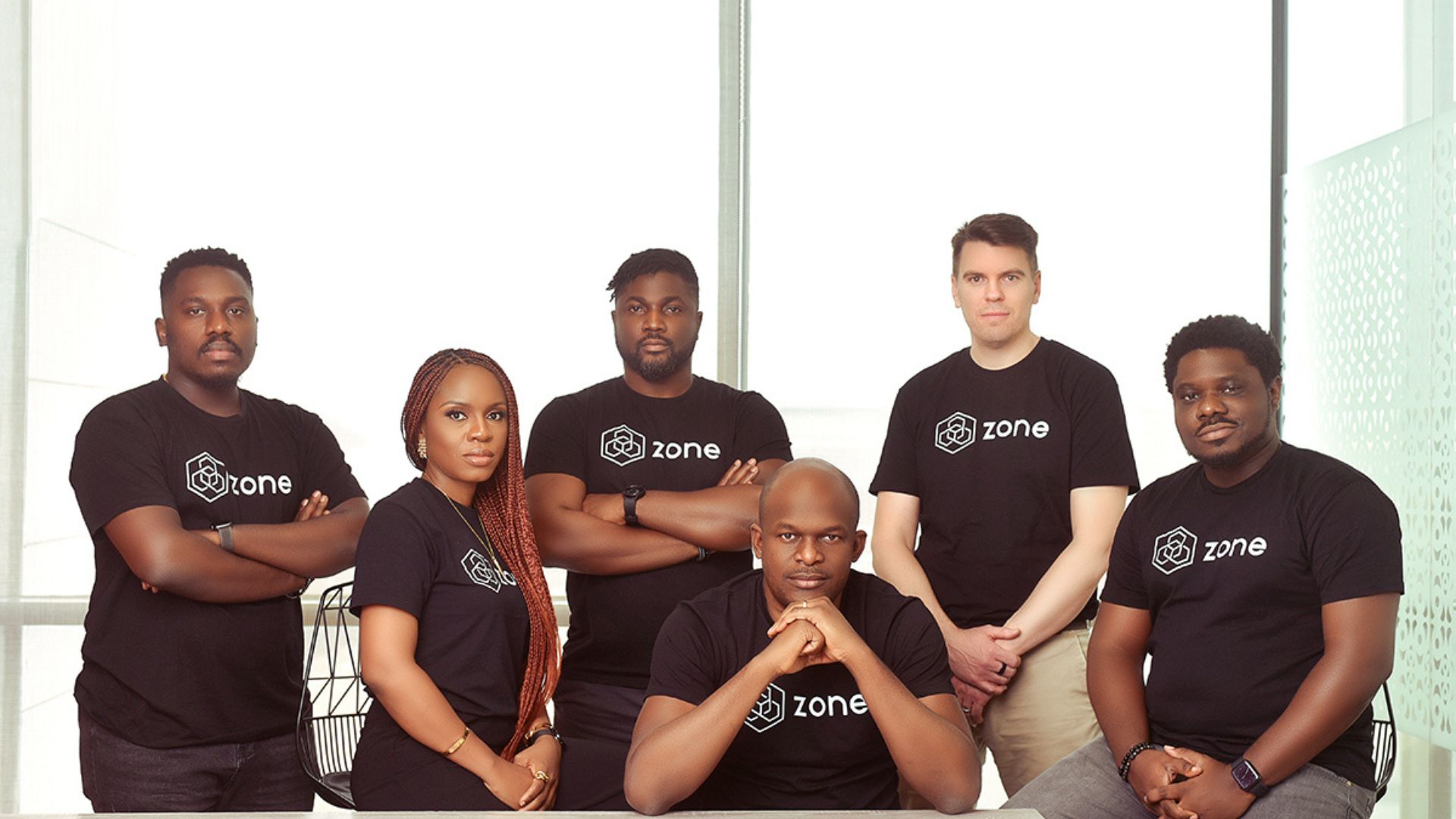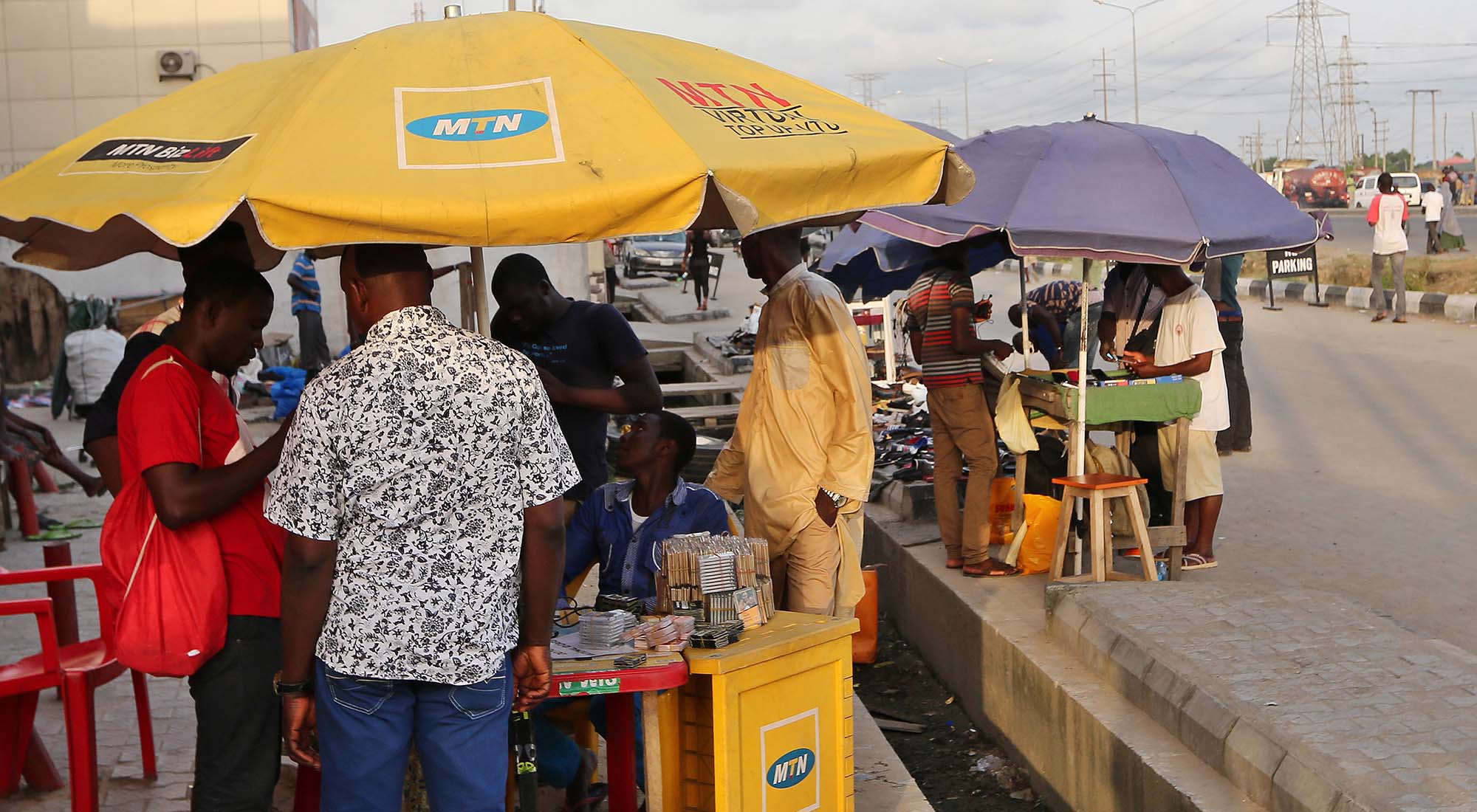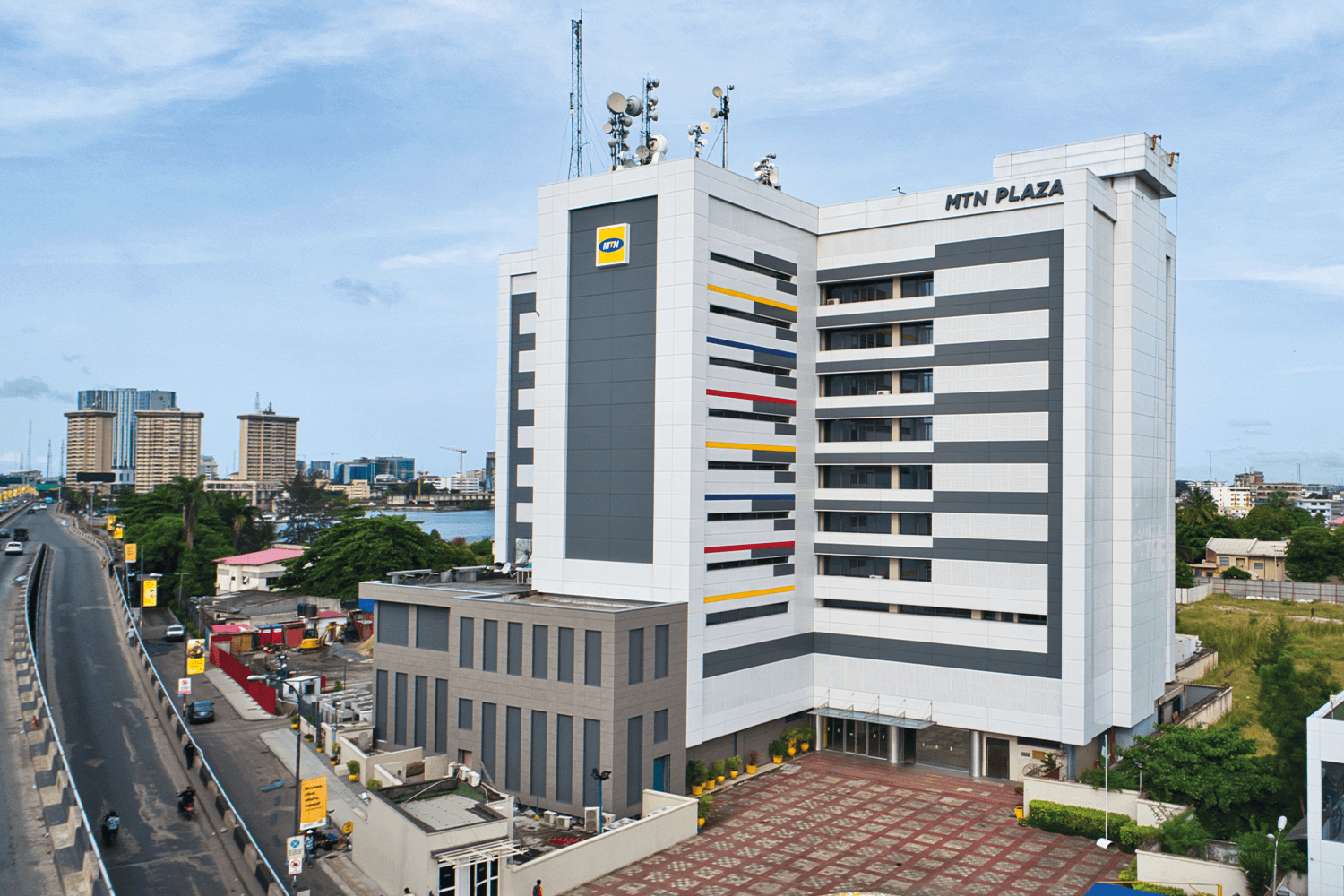Zone, a Nigerian blockchain startup that helps banks and fintechs process payments, has raised $8.5 million, its first VC funding since it became a standalone business in 2022. Until 2022, Zone was part of its parent company Appzone.
Flourish Ventures and TLcom Capital, a pan-African venture capital fund, led the seed round, according to a statement on Monday. Other investors include international blockchain-focused VC firms Digital Currency Group, Verod-Kepple Africa Ventures, and Alter Global.
“The startup was funded initially by the parent company. When you separate the traditional business, the natural thing to do is to raise money to continue growth,” Obi Emetarom, CEO and co-founder of Zone, told TechCabal over a call.
With the new funding, Zone—Africa’s first regulated blockchain network for payments—will expand the coverage of its network domestically and connect more banks and financial services companies. The company runs a blockchain network that enables direct transaction flow between financial service providers without an intermediary. It automates settlement, reconciliation, and dispute management.
Zone claims over 15 of Africa’s largest banks and fintech companies use its network to process payments. Access Bank Plc, Guaranty Trust Bank Plc, and United Bank of Africa—three of Nigeria’s biggest banks with a market capitalisation of at least ₦1 trillion—are among its clients.
“We are excited by the potential for Zone’s technology to be replicated across borders to advance payment innovation globally,” Ameya Upadhyay, Partner at Flourish Ventures said.
Zone will improve its technology, especially in terms of instant settlements. The company will also roll out more use cases for its blockchain network beyond ATMs to reach more users.
“We aren’t building the interface for the end users, we are building the API that banks, fintechs, and other financial service providers can integrate their payment applications to,” Emeratom said.
Zone’s fresh funding comes in a difficult fundraising market. African startups raised $3.2 billion in 2023—the lowest figure in three years, according to TechCabal’s funding tracker. “The participation of high-quality investors despite the funding drought and the fact that we had more interested investors than we needed, is a sign of trust in the Zone brand,” Emetarom said. He noted that Zone’s selling point to investors is the uniqueness of its product and the experience of the founders who are veterans in the banking industry. “We have seen a lot of customer-facing payment startups in the last five years. But you don’t have startups raising money to build payment infrastructure. That makes us unique.”
Zone has ambitions to extend its blockchain network across Africa. The company will spend part of the fresh funding to conduct a comprehensive pilot program to test its cross-border capabilities, as it plans to launch a remittance product in 2025. However, Zone isn’t in a rush to expand into new markets. “Right now, the focus is to build out the capabilities domestically on the technology side and use cases.”




















